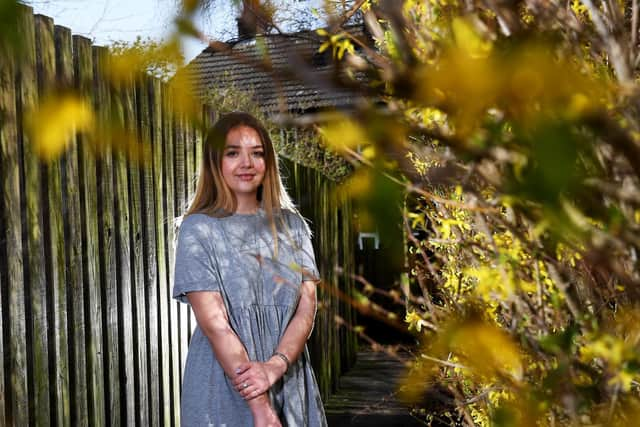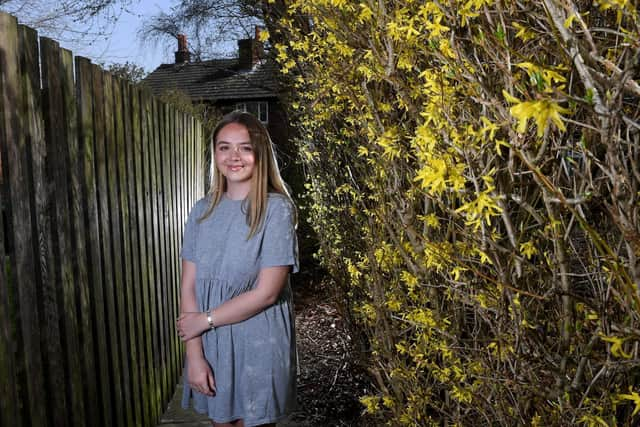Swearing off fast fashion: 'It's a trend to be sustainable - but that's hard to do on a budget'
Megan Fitzmaurice, 21 and from Wakefield has been striving towards a more sustainable lifestyle, starting with swapping to metal straws and reusable coffee cups.
And now she alters her clothes using skills gained at college and has made a conscious effort to avoid cheap clothes.
Advertisement
Hide AdAdvertisement
Hide AdBut the Sunderland University student, who is studying for a degree in fashion journalism, said although she had made great strides, she understood why her peers could struggle.


“It’s a little bit of a trend now to keep sustainable,” she said.
“In my house we’ve always recycled, we’ve always done charity bags and things, but on my uni course we do for our final project to make a video or a website, so a lot of them have done sustainable fashion. One of them has done a sustainable fashion website, and the other one's done a magazine.”
But she said there were still many who felt making the swap was out of reach.
Advertisement
Hide AdAdvertisement
Hide Ad“I'm a uni student, and obviously I’ve not got a massive amount of disposable income, which is probably the reason why fast fashion is so appealing to people my age because you go into Primark and you can buy 10 things and don't feel like you've broken the bank,” she said.


She pointed to websites such as Depop, where secondhand clothes are sold instead of going in landfill, as well as traditional charity shops.
But she also recognised the disparities in the types of clothes available in Wakefield compared to, for example, London.
“I keep thinking to myself, I really want to go to charity shops, because I keep seeing videos on [social media site] TikTok of everyone saying, ‘look, all this great stuff I just got from the thrift shop’. Obviously that's American, because they seem to get really good stuff.
Advertisement
Hide AdAdvertisement
Hide Ad“But when I've been into charity shops myself in Wakefield, I've never really seen the best things. And I think a lot of the time with charity shops, it’s due to area.
“So if you're going to London, you might get some designer brands. But then if you go to Wakefield, because it's so much smaller that you're going to just get Primark things and Pretty Little Thing and old BHS stuff even.”